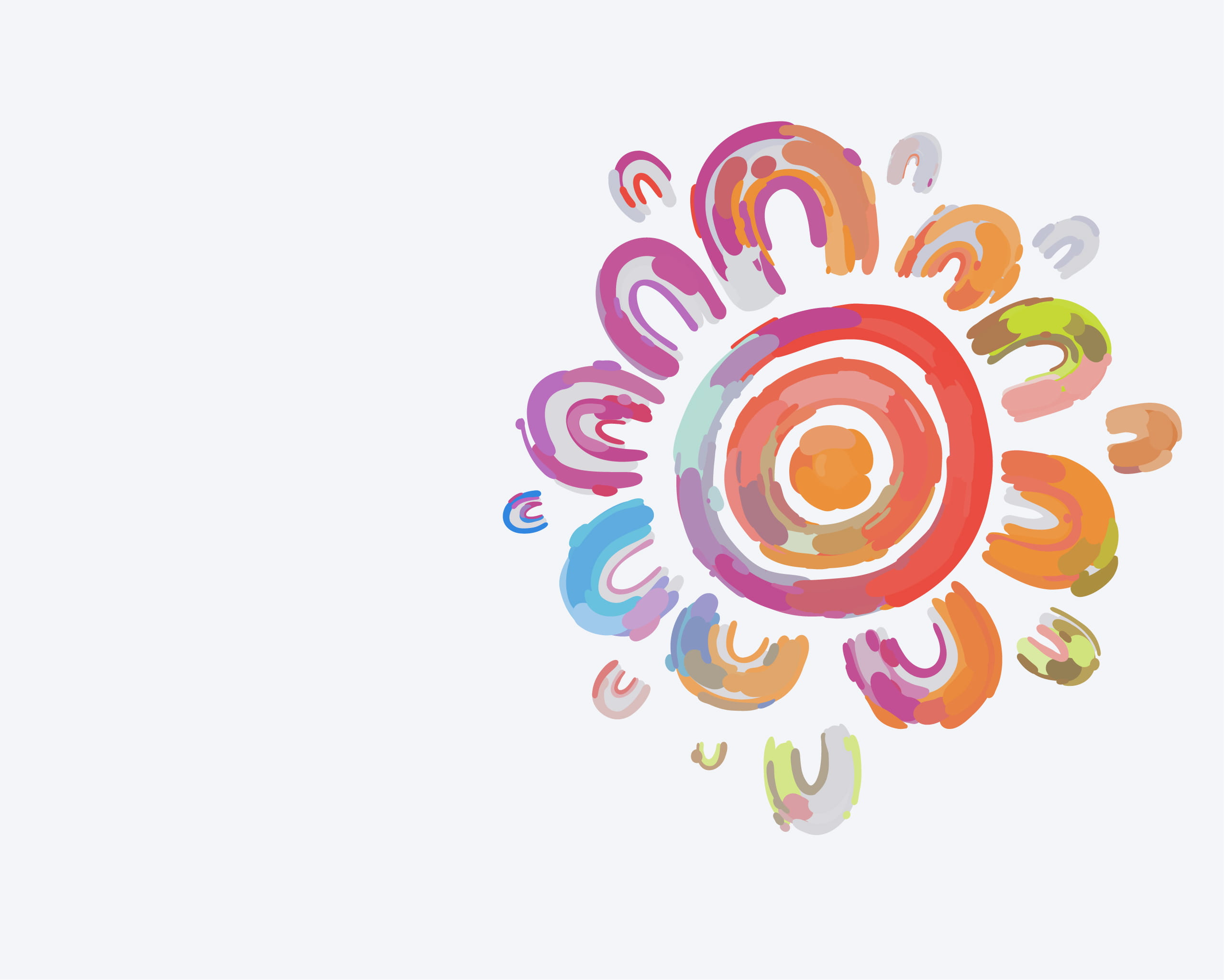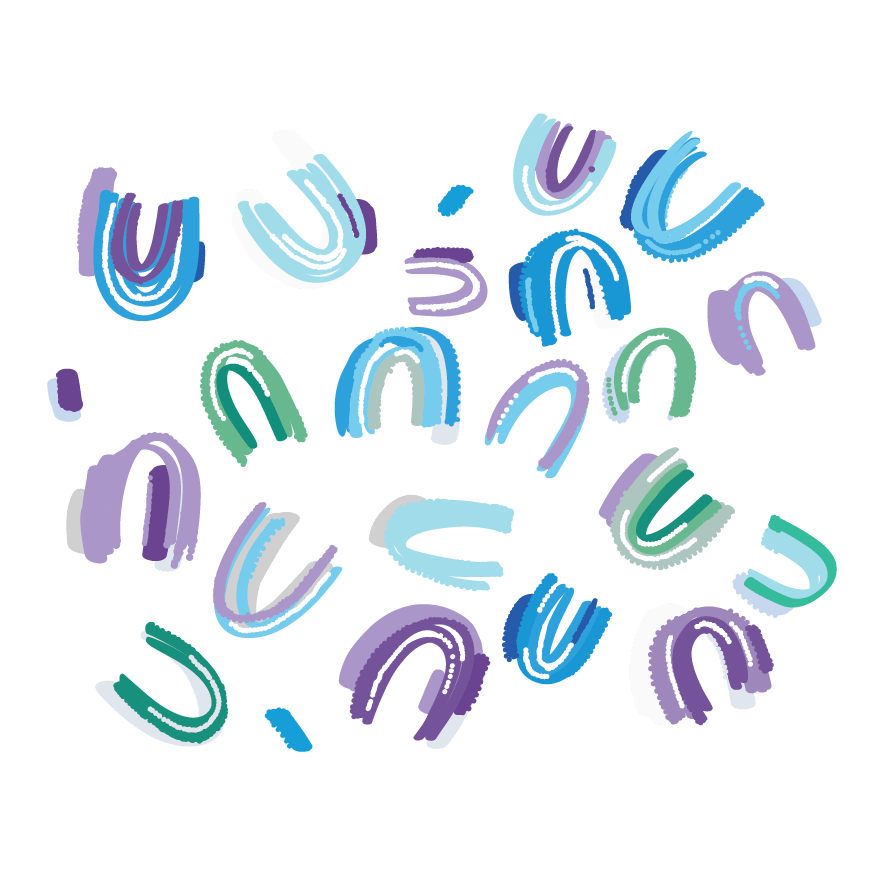First Nations communities
Co-designed resources to support respectful, meaningful engagement with First Nations communities.

Connection before curriculum
Connecting with Aboriginal and Torres Strait Islander communities begins when connecting with and reflecting on yourself.
It starts with asking yourself why you want to engage and how you hope to strengthen your pedagogical practice and deepen relationships.
It’s also about being aware of your biases, how they inform your beliefs and assumptions – and challenging them. We don't grow in comfort, but when we push and challenge ourselves, we enrich our practice and the experiences of our learners.
Be You strongly recommends engaging with the Australian Institute for Teaching and School Leadership’s (AITSL) Indigenous Cultural Responsiveness Capability Framework and tools below before using the Be You culturally responsive resources. Self-reflection is important before learning about the First Nations' perspectives in these resources.
The Be You resources on this page have been designed for educators who wish to invite genuine connection and deepen engagement with Aboriginal and Torres Strait Islander children, young people, families and communities. When understanding your intent and beginning to engage purposefully, your cultural responsiveness will benefit your whole learning community and beyond.
The art featured on this page is by Wongutha artist Kevin Wilson.
-
Indigenous Cultural Responsiveness Self-Reflection Tool
This online tool poses questions to help you reflect deeply on assumptions, attitudes and biases about Aboriginal and Torres Strait Islander Peoples, histories, languages and cultures. It will generate a report, giving you a starting point for your further development and learning.
AITSL recommends you use this tool before exploring the Indigenous Cultural Responsiveness Capability Framework (below), so you have a clear sense of where your current attitudes, experiences and behaviours place you along the Indigenous Cultural Responsiveness Continuum.
-
Indigenous Cultural Responsiveness Capability Framework
-
Indigenous Cultural Responsiveness Continuum
AITSL Indigenous Cultural Responsiveness Tools
You may feel uncomfortable or challenged when engaging with the AITSL tools and Be You cultural responsiveness resources.
That’s OK. This is your space to reflect on your assumptions or biases and learn, either on your own or with the support of your colleagues.
If you require further support, connect with your Employee Assistance Program (EAP) or one of these mental health services and support helplines.
Be You resources
-

Reflect, Respect, Respond: Protocols for culturally respectful engagement with First Nations communities
Practical advice, reflections, case studies and suggested actions to support educators in creating culturally responsive learning communities.
-

Creating a Stakeholder List
Learn about creating a list of First Nations community members and organisations in your local area.
-

Cultural Actions Catalogue
A place-based resource with guidance about creating inclusive and respectful learning environments that embrace the histories and cultures of their communities.
-

Cultural responsiveness: A focus on Aboriginal and Torres Strait Islander Peoples
Explore common strategies for understanding and respecting First Nations ways of knowing, being and doing.
-

Organisations for engaging with Aboriginal and Torres Strait Islander Peoples and cultures
A list of key First Nations organisations, tools and resources for learning communities.
Start your journey with Be You today
Access free evidence-based tailored tools, professional learning, and support to create a mentally healthy learning community.